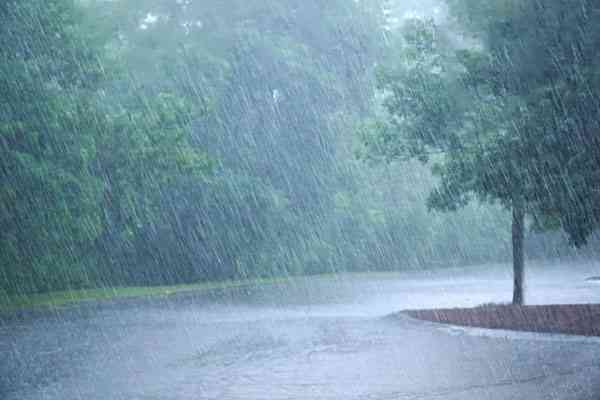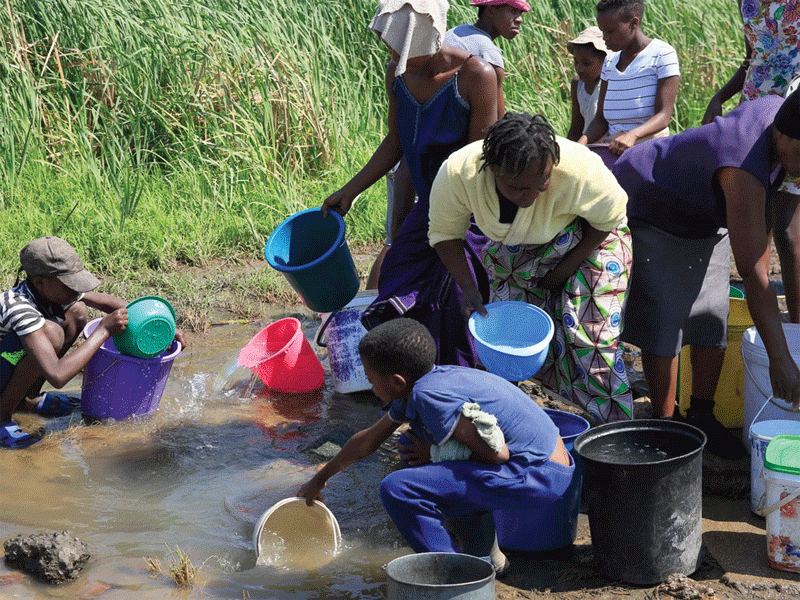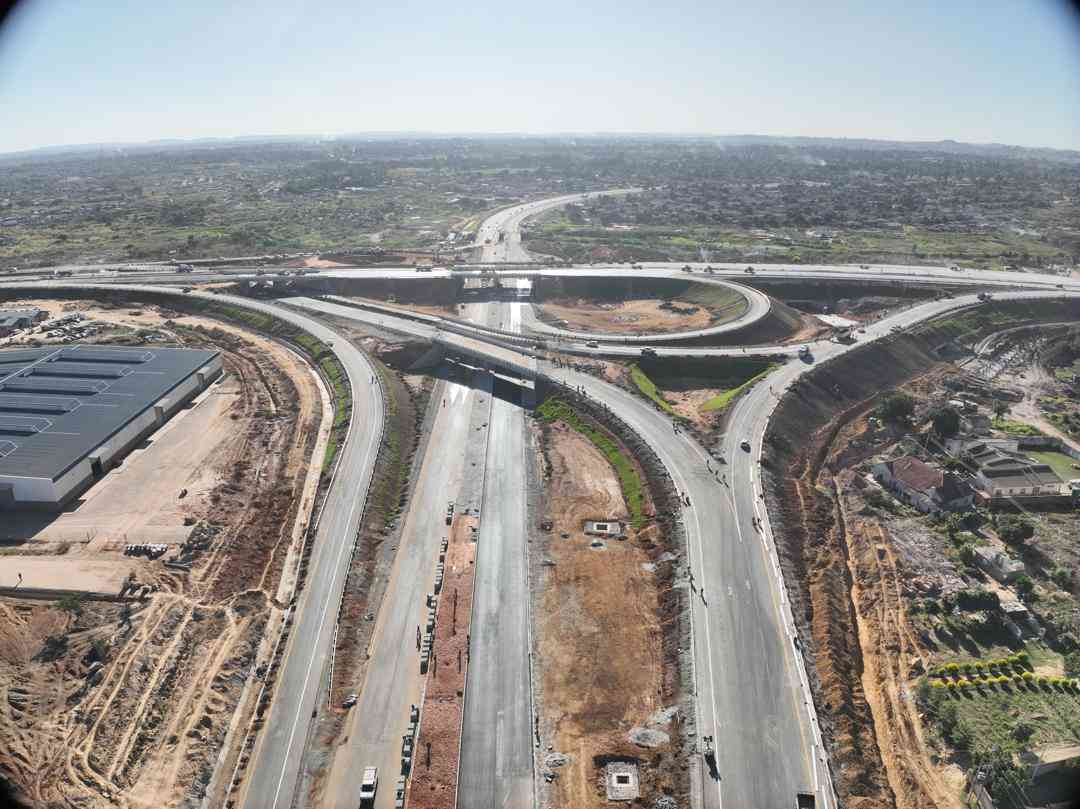
The Meteorological Services Department (MSD) has warned heavy rains will pound Zimbabwe from Wednesday as the rainy season begins.
While farmers and citizens welcome the rains with relief and optimism, there is a darker side that demands vigilance. As a nation, Zimbabwe’s disaster preparedness has rarely been timely. Too often, we wait until calamity strikes before reacting — and sometimes, that delay costs lives.
In Harare and Chitungwiza, for instance, council officials are aware very little has been done to clear storm water drains ahead of the rainy season.
The result is predictable: flooded roads, impassable intersections, and homes in low-lying areas submerged in excess water. Potholes will fill up, obscuring danger for motorists and making driving perilous.
It is, however, better late than never. Government agencies — particularly the Department of Civil Protection (DCP), local authorities, and the police — should immediately embark on nationwide awareness campaigns to educate citizens about potential hazards linked to heavy rains.
The MSD has warned of flooding and possible landslides, but that message has not reached all corners of the country, especially the flood-prone rural districts. Adequate resources must therefore be channelled to the DCP to ensure it can respond effectively to emergencies as soon as distress calls come in.
Zimbabwe has endured the devastating consequences of poor preparedness before. Cyclone Idai, in March 2019, remains the most haunting reminder. It flattened homes, schools and public institutions, killing nearly 400 people.
Although Manicaland bore the brunt of the storm, Idai also ravaged parts of Masvingo, Mashonaland East and the Midlands provinces. It should have been a lasting lesson in proactive disaster management.
- Cholera fears rise as rains wreak havoc in Chitungwiza
- Rains expose Masvingo’s poor drainage system
- Revisit disaster preparedness to avoid calamities
- Strong winds, floods leave trail of destruction in Gwanda
Keep Reading
Earlier tragedies, such as Cyclone Eline at the turn of the millennium, also underline the same truth — that prevention is far better than desperate response. The needless deaths of motorists and travellers attempting to cross flooded rivers and bridges each year are further reminders of what must never be repeated.
In Harare and Chitungwiza, uncollected garbage heaps have become an eyesore and a looming hazard.
When heavy rains fall, much of this waste will be swept into water sources and back into residential areas. Shallow wells dug at homes risk contamination, exposing residents to waterborne diseases. Communities must begin seeking safer water sources before the rains peak.
Lightning strikes also claim lives every year, yet many people remain unaware of basic safety measures that could protect them.
As the rainy season sets in, it is our hope that the Department of Civil Protection —representing both government and local authorities — has taken its mandate seriously.
Disaster preparedness and management must not be seasonal responses; they are national responsibilities that determine whether citizens survive or perish when nature tests our resilience.











